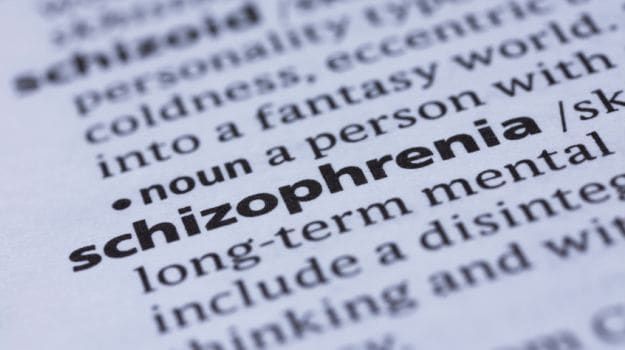Researchers have identified a pattern of brain activity that may be a sign of memory problems in people with schizophrenia. The findings proved that memory problem in schizophrenia stems from disruptions in the brain's dorsolateral prefrontal cortex (DLPFC), long hypothesised by scientists.This area of the brain plays a key role in working memory - the system for temporarily storing and managing information required to carry out complex cognitive tasks."Our findings provide evidence that the DLPFC is compromised in patients with schizophrenia," said first author Jared X. Van Snellenberg, assistant professor at Columbia University in US.
In the study, published in the journal Biological Psychiatry, 45 healthy controls and 51 schizophrenia patients, including 21 who were not taking antipsychotic medications, were given the eight-level memory test while undergoing fMRI imaging.The healthy controls demonstrated a gradual increase in DLPFC activation, followed by a gradual decrease in activation, as the task got harder. But in both medicated and unmedicated schizophrenia patients, the overall response was significantly weaker, with the weakest response occurring in those who had the most difficulty with the memory task.While schizophrenia typically causes hallucinations and delusions, many people with the disorder also have cognitive deficits, including problems with short- and long-term memory, which is one of the most devastating symptoms."Of all the symptoms linked to schizophrenia, memory issues may have the greatest impact on quality of life, as they can make it difficult to hold down a job and maintain social relationships," Van Snellenberg stated.(This story has not been edited by NDTV staff and is auto-generated from a syndicated feed.)
In the study, published in the journal Biological Psychiatry, 45 healthy controls and 51 schizophrenia patients, including 21 who were not taking antipsychotic medications, were given the eight-level memory test while undergoing fMRI imaging.The healthy controls demonstrated a gradual increase in DLPFC activation, followed by a gradual decrease in activation, as the task got harder. But in both medicated and unmedicated schizophrenia patients, the overall response was significantly weaker, with the weakest response occurring in those who had the most difficulty with the memory task.While schizophrenia typically causes hallucinations and delusions, many people with the disorder also have cognitive deficits, including problems with short- and long-term memory, which is one of the most devastating symptoms."Of all the symptoms linked to schizophrenia, memory issues may have the greatest impact on quality of life, as they can make it difficult to hold down a job and maintain social relationships," Van Snellenberg stated.(This story has not been edited by NDTV staff and is auto-generated from a syndicated feed.)
Advertisement






